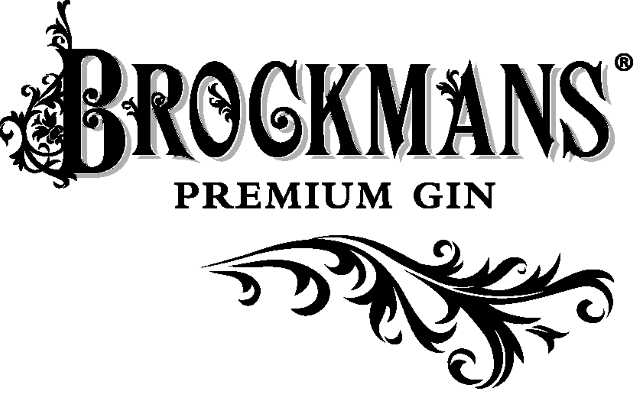The key elements in building a successful commercial team

“In the latest Cesium Group thought Leadership event, an expert panel of drinks trade executives debated the key elements in building a successful commercial team”
The Riding House Café, London W1W
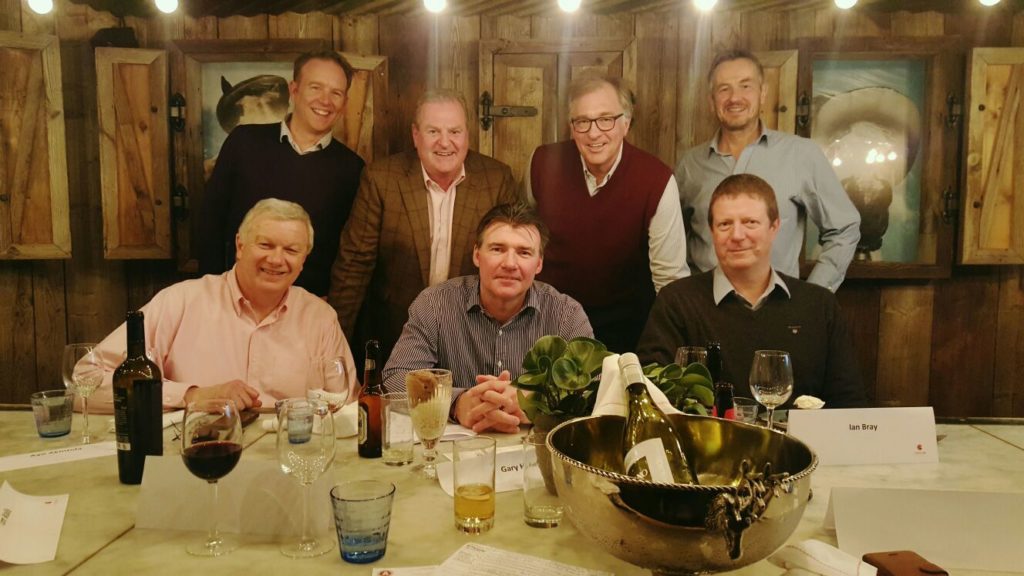 ATTENDEES (Clockwise from top left):
ATTENDEES (Clockwise from top left):
Mark Whybrow, associate consultant, Cesium Group
Gary Haigh, managing director, Asahi UK
Martijn van Buuren, managing partner, Broad Green Partnership
Chris Mace, principal consultant, Cesium Group
Ian Bray, ex-managing director, Fuller’s
Paul Sanderson, managing director, Remy Cointreau
Tom Wallis, sales director UK & Ireland, Accolade Wines
INTEGRITY, AUTHENTICITY, being yourself – if the mode for success as a commercial team member could be summed up in a few words, they could well be these. The challenges of building a successful commercial workforce, in what are changing times for the drinks trade, are many and varied.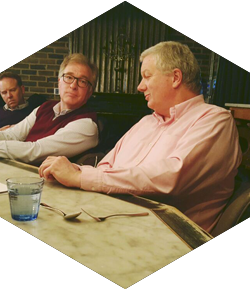
One key change noted by the Cesium Thought Leadership panel related to the power structure in a company, with a tendency these days for sales people to be made answerable to finance departments, potentially curbing the entrepreneurial spirit needed to prosper.
“Ideally, you want to give the guys the opportunity to be entrepreneurs when they’re out there,” one panellist commented. “It’s their business, it’s their job to get the deal in whichever way they see fit, but you have got to give them their boundaries and they can then play within them.”
A second panellist observed that there were currently two cultures at play within the drinks trade: “One is the kind that comes under control finance diktat: remove all the levers from the salesperson, they don’t know margins, all they chase is volume; head office will worry about that stuff and all you have to do is just implement, implement, implement.”
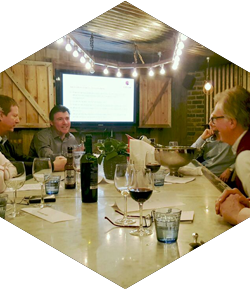 Or, on the other extreme, “where the question lower down is around commerciality –where you build commerciality so they understand what it is we’re trying to achieve and you empower a little bit.”
Or, on the other extreme, “where the question lower down is around commerciality –where you build commerciality so they understand what it is we’re trying to achieve and you empower a little bit.”
The discussion moved on to the roles in which one might expect sales people to be effective. While the conventional role, particularly in the on-trade, was more concerned with nurturing an account, increasingly there was a demand for sales teams to find new business. But was it possible, the panel was asked, for them to be ‘hunters’ as well as ‘farmers’?
“The world’s moving much more to the point where the acquisition of new business becomes more important,” one panellist observed, “and you’ve got a lot of folk in the organisation that have been trained for many years to do exactly the opposite – to hold on to what they’ve got. How do we finally get to a place where we can get the right balance working through?” This was acknowledged as a particular challenge; one that required discretion and careful management of expectations to solve.
FEELING THE PRESSURE
“I speak to a lot of candidates and they are put under a lot of sales pressure,” one panellist said. “Even though they may talk to me and tell me, ’I like my relationships, I like working with customers I’ve got, but I am forced to tread the streets, knock on doors and sell’. There is this pressure from organisations to get people to multi-task.” How then, should companies go about recruiting these multi-taskers? What were the things to look out for?
“It’s about attitude, about ability to build rapport, empathy and all that kind of stuff,” was one response. “You get that commitment with the hard sell and the rest of it you can build, can’t you?”
A fellow panellist agreed that one place to learn the category skills needed to sell was, quite logically, the retail environment. “The people that seem to have the most authenticity, credibility and customer-facing skills, if they have the intellectual agility to take new stuff on board, are the ones who’ve been in retail,” he said.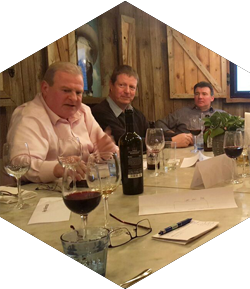
How, then, could those skills be instilled in employees well established within a company but who may not have grown up in that environment? Was it something that could be taught or were these the kinds of skills that came from rotating a person through a business? That depended on business size.
“It’s difficult not to compare bigger businesses that have a fully formed category function,” one panellist said. “I think of two businesses, one where category was very much embedded, heart and soul, and one that wasn’t embedded, so they were functionally separate. The one was very channel-specific, the other an integrated function – so they were as much a part of the team as the rest of the sales staff, therefore the learning comes from the discussion around the table, which is on category as much as sales.”
‘The world’s moving much more to the point where the acquisition of new business becomes more important’
Did the panellist believe that the right sort of commercial development would naturally happen so long as one seeded the organisation, in that case?
“You have a better chance of it,” the panellist said. “Clearly you need to do something to help it grow but if you’ve separated in functional silos you’ve created a structural problem to start with. Whereas building that in makes a forum for that to take root.”
Exploring further the question of how commercial teams are developed, the panel found a fertile ground for discussion was the crossing over between the very different worlds of off- and on-trade.
While a more familiar development was for those in the off-trade to make a successful switch to the on-trade, could it work the other way round?
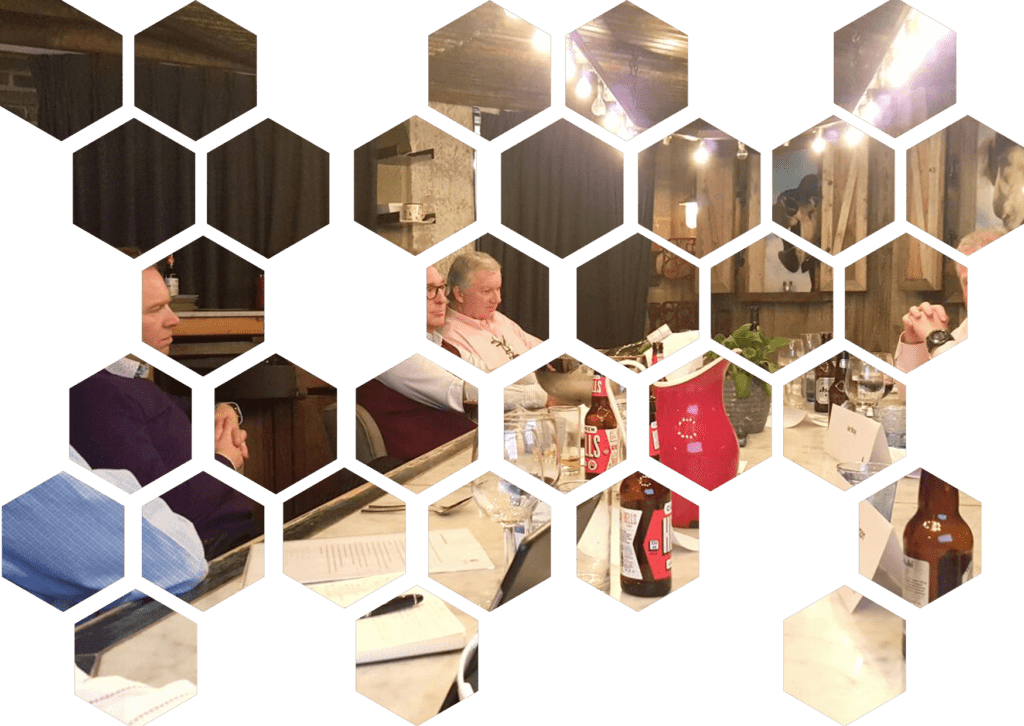 “If it’s the right individual, absolutely,” one panellist responded. “If you have your core capabilities, you’ve got strategic capability, you’ve got the negotiation skills, the financial skills, the mental agility to take on new stuff, you can do it.”
“If it’s the right individual, absolutely,” one panellist responded. “If you have your core capabilities, you’ve got strategic capability, you’ve got the negotiation skills, the financial skills, the mental agility to take on new stuff, you can do it.”
Another added: “I think in this day and age, it’s almost that the on-trade is more complicated for us – the cloaking and everything that goes with it. With some of the people in the off-trade, you either do it or you don’t do it; you do it and someone else makes the decisions. But in the on trade, the complexity, the black art of cloaking and that sort of thing, can get quite complex versus straightforward off-trade.”
As the Thought Leadership discussion drew to a conclusion, one of the final points of discussion was on the trends we are seeing in the commercial environment. Perhaps unsurprisingly, the continued growth of online sales was the key trend. Were drinks businesses doing what was required to adapt to this?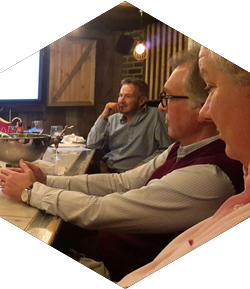
A NEED TO ADAPT
“We’re having to adapt now to more expertise for online,” one panellist observed. “We’re considering selling direct to the consumer through our website… we’ve got a specialist online person. So we’re thinking now whether you have a normal off trade person in that role? I expect over time you’ll see a different animal.”
This comes back to the point about whether enough is being done to equip commercial teams with the skills required in the rapidly changing business environment. Furthermore, are businesses doing enough to develop their commercial people to make them suitable candidates for leadership roles? Here, the initial point about integrity and authenticity was re-emphasised: “You got to get the right calibre from day one,” one panellist said. “And that is the dilemma: how do you get the right-calibre person from day one?”
This remains a key challenge for businesses. As another pointed out, management roles tended to be heavily weighted towards those from financial backgrounds, “because they just understood what the important metrics are”.
“It’s whether or not commercial folk can learn those skills, isn’t it?,” another panellist responded. “Because if you look on the FTSE 50, you’ll struggle to find many CEOs that didn’t come from a financial, banking, or legal background actually. Going back to the kind of behavioural side of things, it’s the strategic ability, the mental agility, that people have, the ability to learn new stuff as they go along – the integrity, the authenticity that will really build the base profile for somebody to grow through multiple sales roles and, ultimately, management.“



